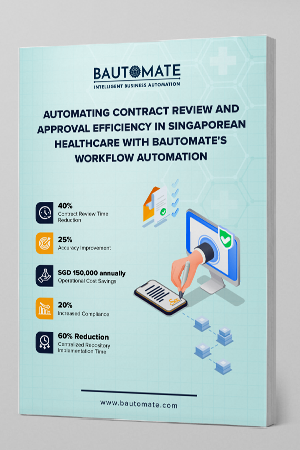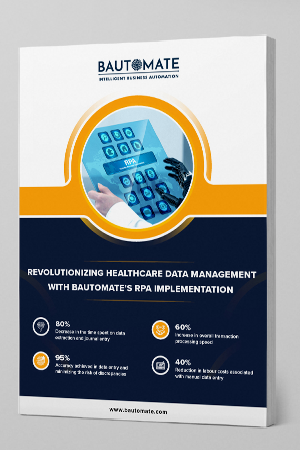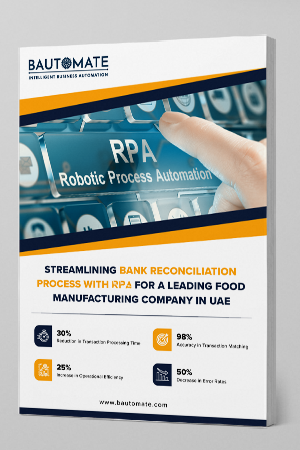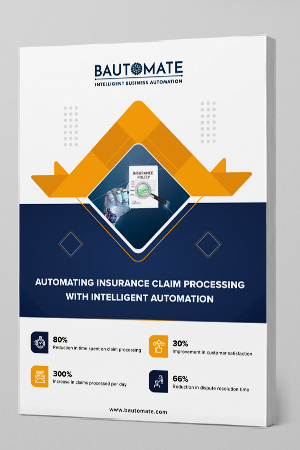
IVR solutions don’t exist in isolation. They’re often part of a much larger nexus of digital capabilities and need to work seamlessly together to provide a pleasant customer experience. Finding out whether or not they do, though, can be a significant challenge. Companies hook up IVRs to call routing systems, database search, and PSTN access, all complicating matters enormously.
Firms, therefore, need robust tools that allow them to test their IVR solutions independently across a range of environments and domains. While stress testing is essential, there are a host of other factors to consider.
Testing must also be regular to ensure that they continue to serve customers well and don’t become a weak link in the client experience.
Types of IVR Testing
Over the years, organizations have developed several IVR testing methods. Here are some of the most popular in use today.
IVR Load Testing
IVR load testing is designed to test whether IVR systems have sufficient processing power to manage the typical loads that they might experience during regular use. Companies make calls through their regular public switched telephone network to see if they experience issues as they increase volume.
A firm, for instance, might start with a dozen or so simultaneous calls to see how the system responds. It could then increase the number from there, perhaps to thousands of concurrent callers. While it does this, it tracks performance metrics of the underlying computer software that lets the whole system work, monitoring things like RAM usage and CPU utilization. These readouts tell engineers how close regular predicted use comes to overloading the network. If tolerances are tight, then the solution is to increase bandwidth, server capacity, or whatever else will eliminate the bottleneck.
IVR Stress Testing
Stress testing works in much the same way as load testing, but with a slightly different emphasis. Just as before, the test involves routing calls through the PSTN, as regular customers might be under normal operation. But the difference is that in this case, the test is to see whether the systems can handle periods of high demand well above normal levels.
Testers arrange an experiment where they route lots of calls through to company lines, getting close to maximum theoretical loads. They then increase the number of calls to the IVR to see when the systems can no longer serve customers. The aim is to find out how many requests the system can deal with at once and then put in place strategies to mitigate, avoid, or improve the situation.
Keep Your Data Safe and Secured
Spike testing is a little bit like stress testing but more intense. Occasionally, company lines will have to deal with dramatically more traffic than usual and react to spikes in demand. Usually, these spikes occur due to problems elsewhere in the network or a server going down, leading to a sudden rerouting of calls. Spike analysis determines how systems deal with shifting loads, whether they stop working altogether, slow down, or manage changes without issue.
The Need For Automatic IVR Testing
The above-mentioned methods are crucial. However, it is not easy to do all these tests manually. Firms, therefore, prefer to use automatic IVR testing facilities.
The way this work is simple. The software makes calls, as customers might, through the PSTN automatically. Then analysts monitor progress to explore system limits. The great thing about software is that it can make as many calls as the company sees fit. It scales infinitely, avoids human labor, and is customizable, letting you test systems in novel ways. You can automate all of the testing methods that we discussed in the previous section.
Businesses use these automated software solutions for a variety of purposes. Automated experience testing is perhaps one of the most useful things that IVR testing offers. Machines can call up your services every five or ten minutes, twenty-four hours a day, seven days a week to test that everything is in good working order. You get continual feedback on your systems using testing methods that mimic real-world situations.
Automatic testing helps to give IVR systems managers peace of mind. Every five minutes, they can get feedback confirming that the customer’s IVR experience is still functioning as it should.
At Bautomate, we can provide your team with the right IVR Testing Automation Solution that will help you reap the benefits of IVR. Book an appointment with our experts to get started.
Power of HR Automation
It might be simple to look at HR automation and consider it as a matter of doing less work but it is actually about working better, never should it be underestimated. It is more of giving HR the freedom to concentrate more on the work that matters and also eliminating critical errors. HR automation, if carried out properly, can contribute to increasing your Return On Investment (ROI).
If you would like your HR professionals to grow and give them plenty of time to work on valuable activities, you must need Bautomate, an all in one HR automation solution to ease their time intensive workflow.
Have a Question? Talk to us!








































